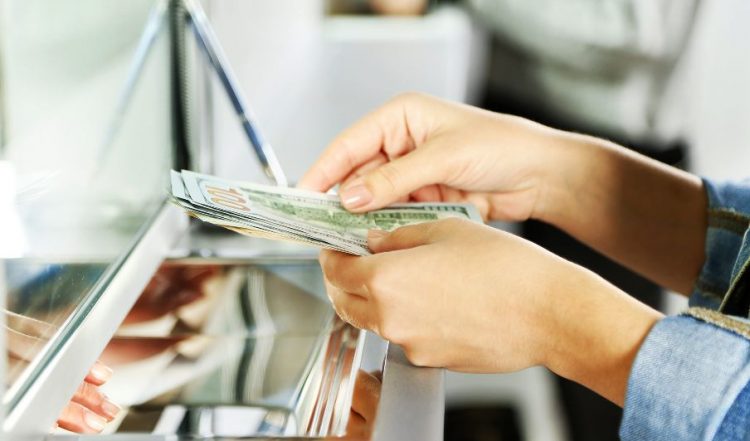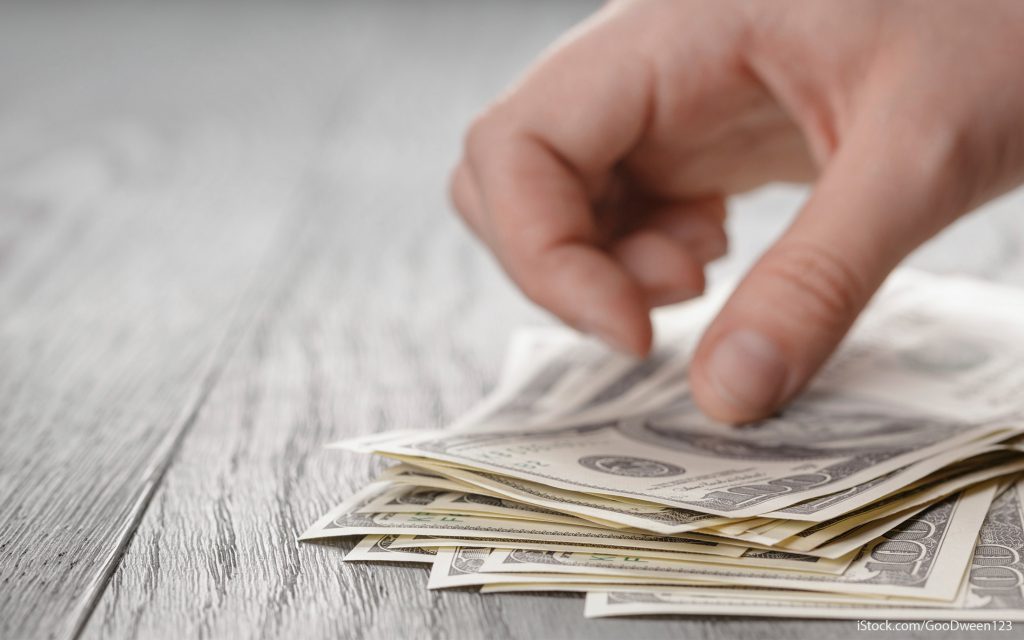Debt is one of those things that creeps up on you. One day your look over your bills and realize that your income doesn’t support your obligations. It can happen to anyone, young or old. You take on a mortgage followed by a car loan and then apply for a new credit card and before you know it your in over your head.
The good news is that even if you feel there’s no chance for recovery, there is a light at the end of the tunnel. For the immediate future, you can use an online payday loan alternative to cover unavoidable expenses. Companies like BlueTrust Loans provide personal cash loans and installment loans in amounts up to $1250 as an alternative option to payday lending. Key benefits include minimal eligibility requirements, fast funding and flexible repayments. Qualified applicants must have a social security number, an active checking account, and a verifiable source of income. It can get you the cash you need fast with a variety of repayment loan options.
A budget is something every household needs. Keeping track of your monthly expenses is important. In order to get on the road to recovery, you must establish one and stick to it. Set aside an hour or so and put all your bills together and then list them on a sheet of paper. Once you have this done you’ll have a better perspective on how much you need and where your money is going. Hopefully, your income is more than your expenses. If this is the case, then you may just need a month or so to get back on track and get your payments made on time. In order to stay the course, you must also start a savings account. While this may be the furthest thing from your mind, it actually will prevent this same scenario from playing out in the future. Life happens, and unexpected expenses will not affect you if you have money tucked away. You can start small and then increase the amount slowly. The key is to take a percentage of your paycheck and deduct it before you use your money for anything else. You have to pretend that you don’t have it. This will become your safety net for life’s sudden emergencies.
If you find that after you list your bills you do not have enough to pay all of your monthly obligations then you’ll need to reduce them as quickly as possible. Cutting back on the little extras like eating out, coffee on the way to work and using coupons are just a few ways to come up with the difference. If the amount is more than you can recover from cutting back, then you may need to take on a second job for the short term. This will help you to catch up quickly and restore your credit to a good standing.
When it comes to your credit score there is good and bad debt. In some cases having access to a line of credit such as a home equity loan or a credit card can actually affect your score in a negative way, making a huge impact on how potential lenders view you. On the other hand, installment loans such as a mortgage, a car loan and a personal loan that have no open end can increase your score. You should only have two or three credit cards. If you have more than this you should find a way to pay the rest off quickly and then close the accounts. If you took out a home equity line for repairs and you no longer need it, close it.
Budgeting and savings go hand in hand in helping you retain a healthy credit score. Even if you have just a few months of late payments your score can lose its excellent standing and cause your interest rates to go up on credit cards, car loans and even a refinance on your mortgage. Once you make a budget and stick to it, it becomes second nature.Then you’ll have the money set aside for a car or home repair, an accident or loss of income for the short term, making your life just a little bit easier.



